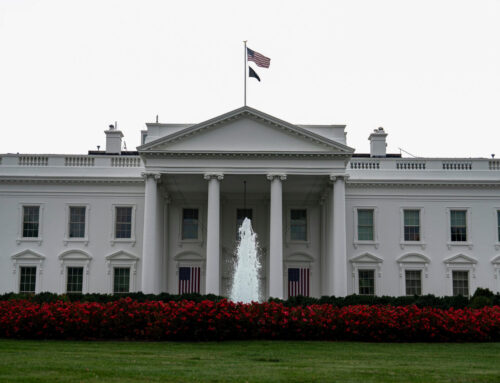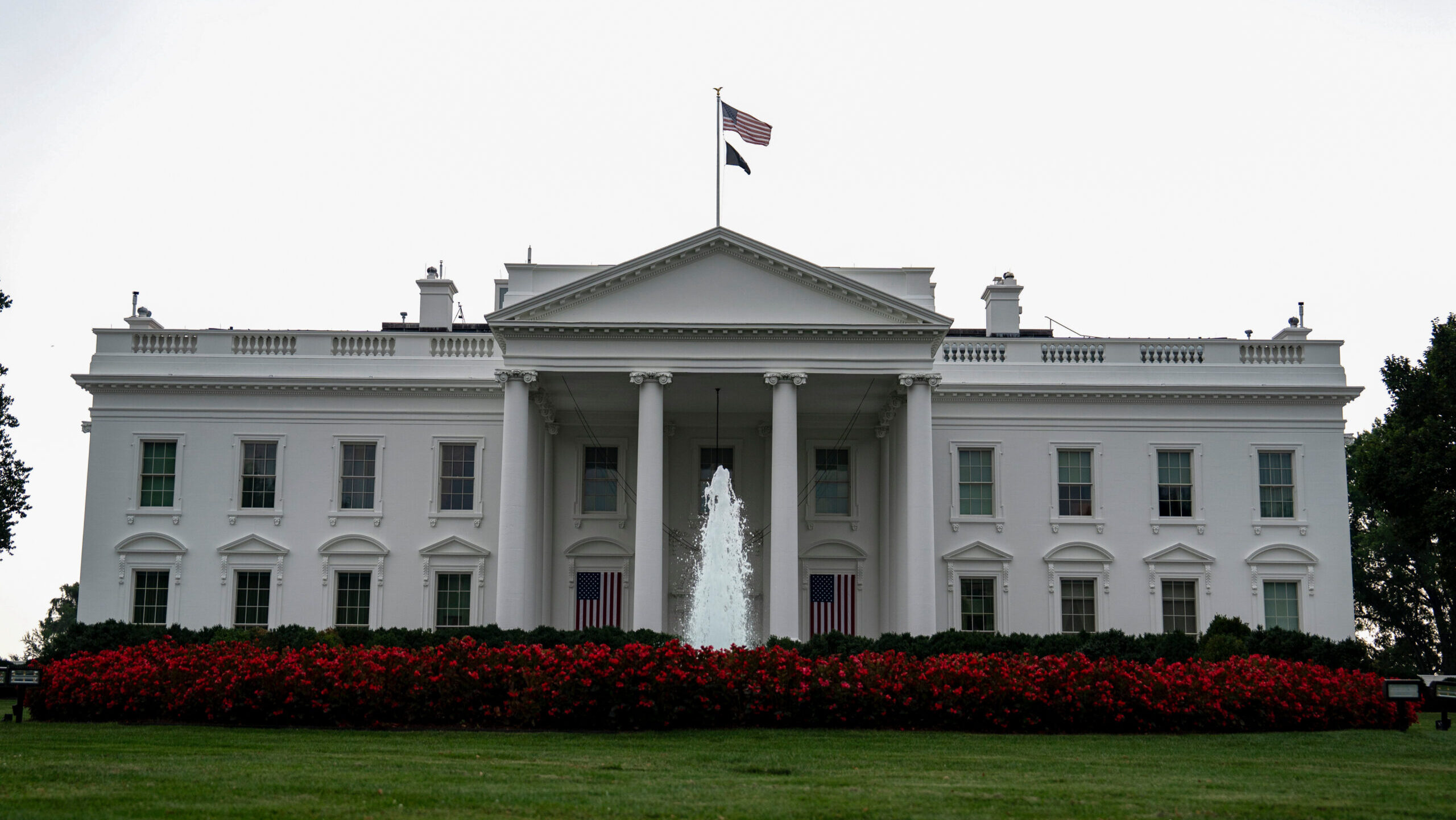Smoke billows at the site of an Israeli airstrike on the outskirts of the southern Lebanese village of Zawtar on September 21, 2024. Israel’s military said it was striking more Hezbollah targets in Lebanon on September 21 evening, after announcing it had hit thousands of rocket launchers and other targets earlier in the day. (Photo by Rabih DAHER / AFP) (Photo by RABIH DAHER/AFP via Getty Images)
BEIRUT — With Israel following up its targeted attacks on Hezbollah members by unleashing unprecedented air strikes over the last 48 hours, the situation in Lebanon has reached the point where it is a war in all but name, experts tell Breaking Defense — and there are signs a ground incursion may be coming soon.
Southern Lebanese villages and towns are witnessing heavy bombardment, with hundreds of strikes daily on what Israel says are Hezbollah targets, resulting in the effective dismembering of South and Eastern Beqaa from the rest of Lebanon thanks to the destruction and blockage of most roads. Thousands have been forced to flee north, away from the territories controlled by Hezbollah.
In national security circles, there has been some debate about whether to call the situation as “war” or not. But there seems to be little debate inside Lebanon on that distinction, according to Wehbe Katicha, a retired Lebanese general officer who flatly told Breaking Defense, “This is a full-scale war.”
Katicha said he views the conflict as having had three phases since Hamas launched its Oct. 7 attack on Israel.
The first phase consisted of Israel and Hezbollah lobbing rockets and missiles back and forth in the border area, which were relatively small-scale but occasionally deadly, leading to Israeli and Lebanese civilians alike abandoning their homes for safer areas.
The second phase was a series of targeted attacks on Hezbollah members and leadership, culminating with last week’s shocking attack via booby-trapped pagers and walkie-talkies that left several dead and thousands injured. This phase also includes a strike in the southern suburb of Beirut that killed top commanders of the Radwan Force, as well as Ibrahim Aqil, who was nominated to be the successor of Fuad Shukr, the Hezbollah military head who was killed by Israel in late July.
And now, Katicha said, “We have entered a new phase of the war, the third phase, which is a full-scale war with the largest number of above 500 casualties in Israeli air strikes in one day.” He said the air raids are now no longer constrained to just the south but throughout the country.
The question of whether to call Israel’s actions in recent days a “war” is something where “frankly, I don’t see the value of this debate,” said Mara Karlin, a longtime regional expert who has served a number of roles in the Pentagon. “Israel and Hezbollah have been trading potshots for nearly a year and it has now escalated substantially.”
“I suppose there’s a case to be made that neither Israel nor Hezbollah wants this to be called a ‘war,’” Karlin noted. “After 2006, Hezbollah could find itself in a terrible position domestically in Lebanon if there’s another war. And Israel has a lot else going on in Gaza, of course.”
For the US, defining a “war” is a tricky thing, said Mark Cancian, a retired Marine Corps officer now with the Center for Strategic and International Studies think tank.
The US has largely avoided using the term “war” when talking about limited air strikes, he noted. But, “we call what happened in Kosovo in 1999 a war. It looks a lot like what is happening in southern Lebanon in that there is a massive use of air and deployment of ground forces but no ground incursion.”
Overall, “I think it is fair to call this a war, and the longer it goes, the more fitting the term,” Cancian said.
Can Hezbollah Respond, And Will Israel Invade?
Khalil Helou, another retired Lebanese general, concurred, describing the ongoing conflict as a “full-scale attrition war” and questioned how long Hezbollah can keep the conflict going now that Israel has moved from targeted strikes to wholescale bombardment of the group’s territory.
Hezbollah is “not in a position where they can win, or if they can sustain a war of attrition with Israel, because Israel has proven during the past year that it can sustain a long attrition war on several fronts,” Helou said.
Daniel Byman, a senior fellow for warfare, irregular threats, and terrorism at the IISS think tank, agreed the group is on its back foot.
“Hezbollah certainly can strike Israel with various missiles, but the group may be weak and off balance due to the Israeli strikes on its leaders, personnel, and systems. In addition, it may have difficulty communicating due to fears of Israeli penetration,” he said. “However, there is a lot we do not know.”
Perhaps the biggest unknown is what happens if Israel decides a ground invasion is needed to secure the border enough to allow Israeli villagers to return to their homes.
There are indications that is at least on the table: Today, the Israeli Northern Command chief announced the army needs to be “strongly prepared” for a ground offensive in Lebanon, and announced two reserve battalions would be recruited to help in the north.
Rescuers sift through the rubble at the scene of an Israeli strike that targeted Beirut’s southern suburbs a day earlier, as search and rescue operations continue on September 21, 2024. (Photo by -/AFP via Getty Images)
“We have entered another phase of the campaign. … The operation began with a very significant blow to Hezbollah’s capabilities, with an emphasis on [rocket] capabilities, and a very significant blow to the commanders and members of the organization,” Israeli media quoted IDF Northern Command, Maj. Gen. Ori Gordin as saying.
Katicha hopes that a ground invasion may not be necessary since Israel “doesn’t want to annex parts of South Lebanon.” But, he said, it’s all going to be about if Jerusalem feels it has achieved its goals or not.
“It [aims] to bring back its citizens in the North, and whether a ground incursion is a need in this endeavor or not, accordingly it will resort to ground operation or not,” he told Breaking Defense.
Civilians Uprooted As Region Engulfed In Strikes
Defining a “war” in the 21st century is a difficult proposition, but for Lebanese on the ground, it’s a distinction without a difference. All many are focused on is instability and fear.
On Monday, there was a large migration wave from South Lebanon, after Israel threatened to attack houses that hide Hezbollah’s arsenal — many of which, Israel says, are among civilians. The Sidon Beirut highway was virtually blocked, according to witnesses and posts online, with drivers stuck for more than six hours while the security forces diverted all the lanes to in one direction towards Beirut to ease the traffic jam.
Today, that road is physically blocked at more than one point with rubble from buildings following Israeli air strikes. As of publication, there is only one available path for southerners to flee: through the Beqaa Valley, a journey which is much longer and hardly safe, as rockets and bombs are seen along the path.
After warning civilians to flee, Israel struck a large number of houses and sites in the south — at least some of which do, in fact, appear to have contained Hezbollah munitions. Open source videos show secondary explosions after air strikes as hidden ordnance flew off in different directions, providing yet another threat to civilians in the area.
Eyewitnesses in the south told Breaking Defense that the missiles flying in all directions seemed like fireworks that have lost their path. One eyewitness said that explosions were intense and were seen very clearly by naked eye.
On top of the strikes themselves, Lebanese civilians describe shock at Israel’s ability to obstruct and overtake radio frequencies in Lebanon in order to broadcast an announcement warning people to stay away from Hezbollah sites and forecasting the air strikes to come.
Flyers were also dropped on the Beqaa valley on Monday, giving the civilians two hours to evacuate to more than 1,000 meters away from Hezbollah-owned houses. Hezbollah would later say these flyers had a code that, if scanned, allowed Israeli forces to hack into phones, a claim that’s so far unverified.











